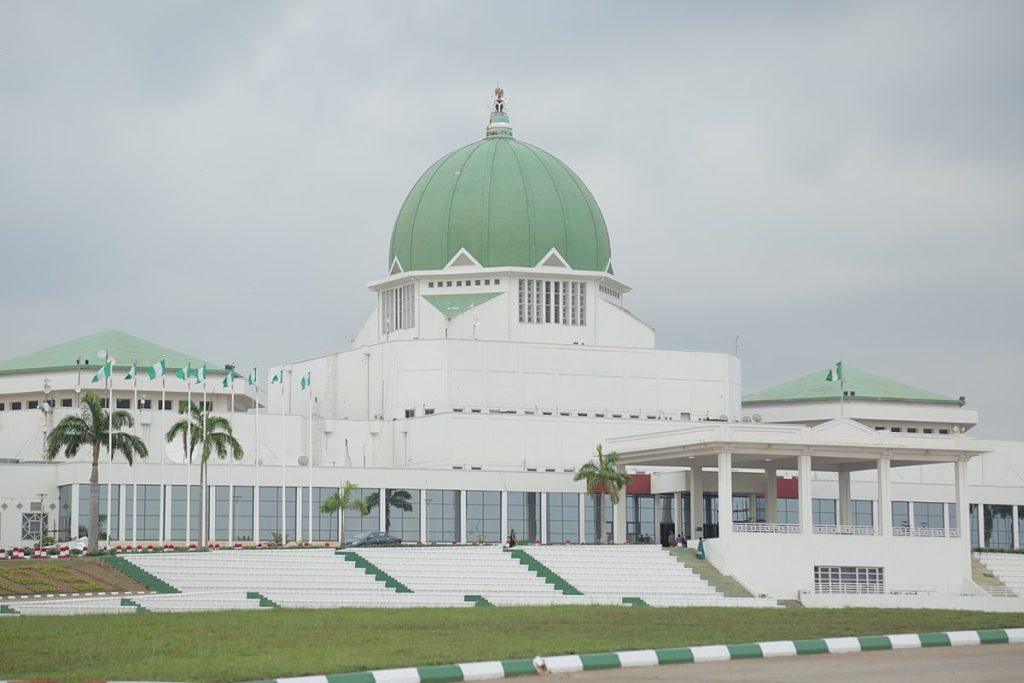President Bola Tinubu has introduced a set of four tax reform bills aimed at reshaping Nigeria’s tax infrastructure and improving its fiscal governance. These proposals were presented to the National Assembly and outlined during plenary sessions by Senate President Godswill Akpabio and House of Representatives Speaker Tajudeen Abbas. In accompanying letters, the President emphasized that these legislative measures are crafted to align seamlessly with the administration’s overarching developmental goals. By reforming the tax framework, the government seeks to create a more robust financial environment that can accommodate the diverse economic needs of Nigeria.
The first of the proposed reforms is the Nigeria Tax Bill 2024, which aims to create a comprehensive fiscal framework overseeing tax regulation in the country. This framework is anticipated to provide clearer guidelines and structures that govern how taxes are collected, reported, and managed. A carefully designed fiscal framework is crucial for enhancing tax compliance among citizens and businesses and ultimately contributes to a more stable economic landscape. The bill’s intent is not only to streamline tax processes but also to ensure that legislative measures support economic growth and development goals.
Another significant element of Tinubu’s proposed reforms is the Tax Administration Bill. This bill is designed to establish a clear and concise legal structure for tax management across Nigeria. By doing so, it aims to mitigate disputes related to tax assessments and collections while enhancing overall administrative efficiency. An effective tax administration system is vital for minimizing conflicts between tax authorities and taxpayers, promoting voluntary compliance, and fostering a better understanding of tax obligations. The introduction of this bill is therefore viewed as a vital step toward comprehensive tax governance in the country.
The Nigeria Revenue Service Establishment Bill is another cornerstone of the proposed reforms, which would repeal the existing Federal Inland Revenue Service Act. This new legislation is intended to create the Nigeria Revenue Service, an entity that is expected to operate under a more efficient and modernized framework. By re-establishing the revenue service, the government aims to optimize tax collection processes and adapt to global best practices, enhancing the overall capability of Nigeria’s tax administration system. This bill underscores the importance of having an organization that can effectively respond to the evolving economic landscape and the growing demands of Nigeria’s fiscal responsibilities.
Additionally, the Joint Revenue Board Establishment Bill proposes the creation of a specialized tax tribunal alongside a tax ombudsman. This initiative aims to address tax-related disputes and grievances more effectively, providing citizens and businesses with structured avenues for redress. The establishment of a tax tribunal would serve to adjudicate tax issues impartially, while a tax ombudsman would oversee complaints and ensure transparency in tax administration processes. By prioritizing these avenues for dispute resolution, the government endeavors to foster trust and cooperation between tax authorities and the public, aligning with its goals for enhancing civic engagement in fiscal matters.
In summary, these proposed tax reform bills reflect President Tinubu’s commitment to enhancing Nigeria’s fiscal institutions, aligning them with the broader development objectives of his administration. The overarching goal is to create a fair, efficient, and transparent tax system that can support economic growth and improve public services. By addressing tax administration through legislative reforms, the government anticipates boosting compliance, reducing conflicts, and fostering a more conducive environment for financial activities across the nation. As these bills move through the National Assembly, their successful implementation could usher in a new era of fiscal responsibility in Nigeria, potentially transforming the economic landscape for years to come.














